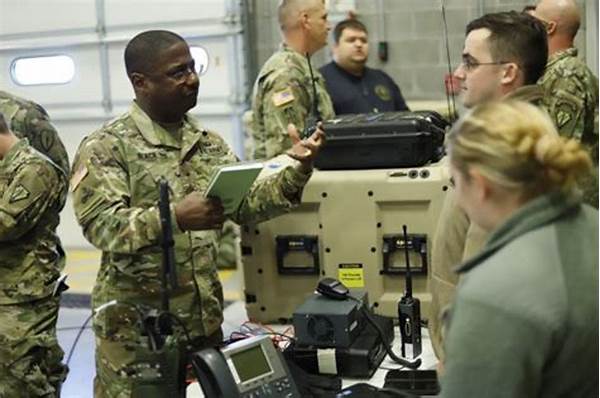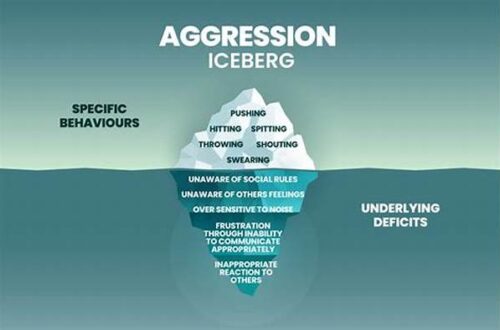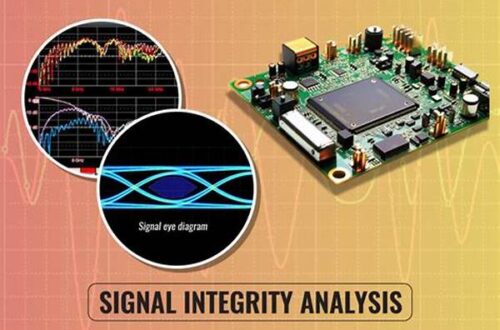The Role of Crisis Management in Military Support Operations
In the contemporary global landscape, the demand for proficient crisis management and military support operations has become increasingly vital. This demand stems from the complex nature of geopolitical tensions, natural disasters, and humanitarian crises that challenge international stability. Crisis management serves as the backbone of military support operations, enabling strategic planning, efficient resource allocation, and effective response mechanisms.
Crisis management in military support operations involves a series of planned and coordinated measures aimed at mitigating the adverse effects of crises. The interagency collaboration and multi-national cooperation, particularly through organizations such as the United Nations or NATO, ensure the unity and effectiveness of these operations. The principles of preparedness, response, recovery, and learning are fundamental to enhancing the capability of military support to swiftly address emergencies.
Efficient crisis management and military support operations rely heavily on intelligence gathering, risk assessment, and the strategic deployment of personnel and equipment. The ability to predict potential threats and respond rapidly is imperative to safeguarding affected populations and restoring stability. As such, military forces are extensively trained in crisis scenarios, enabling them to implement precise actions tailored to the specific nature of each crisis.
Strategic Approaches in Crisis Management and Military Support Operations
1. Crisis management within the realm of military support operations necessitates a comprehensive framework that addresses both immediate and long-term objectives. The initial assessment stage is critical to identifying potential threats and vulnerabilities.
2. Military support operations require synchronized efforts across various sectors and organizations to ensure effective crisis management. This coordination maximizes resource utilization and operational efficiency.
3. The integration of technological advancements plays a significant role in enhancing the capabilities of crisis management and military support operations. Advanced communication systems and surveillance technologies improve decision-making processes.
4. Training programs focused on crisis management and military support operations are essential in building resilience and preparedness among personnel. These programs emphasize quick response and adaptability to dynamic situations.
5. Effective crisis management and military support operations involve post-crisis evaluation to identify lessons learned and improve future interventions. Continuous improvement is vital to developing a robust crisis response strategy.
The Interplay Between Emergency Response and Military Support
Emergency response is a critical component of crisis management and military support operations, often defining the immediate actions taken in the wake of a crisis. The efficiency and timeliness of these responses can significantly influence outcomes, making coordination between emergency services and military units paramount. Military support operations complement civilian efforts, providing logistical support, manpower, and advanced technology to manage the crisis effectively.
The execution of military support operations within a crisis management framework ensures that responses are not only prompt but also well-organized and sustainable. Crisis management entails not only the extinguishing of immediate threats but also the establishment of a solid foundation for recovery and long-term stability. Military support thus plays a crucial role in facilitating the transition from emergency response to sustained recovery efforts.
Key Elements of Crisis Management and Military Support Operations
1. Coordination is a cornerstone of effective crisis management and military support operations, ensuring collaboration among military and civilian entities.
2. Adaptability is essential, as crisis management and military support operations must quickly adjust to evolving circumstances.
3. Communication is vital, facilitating the dissemination of critical information during crisis management and military support operations.
4. Leadership is instrumental in guiding crisis management efforts and orchestrating military support operations decisively and calmly.
5. Preparedness ensures readiness for rapid deployment and action during crises, a fundamental aspect of crisis management and military support operations.
6. Evaluation promotes learning from past crises, refining future crisis management and military support operations strategies.
7. Technology enhances capabilities in crisis management and military support operations, improving efficiency and effectiveness.
8. Training focuses on developing the skills required for effective crisis management and military support operations.
9. Risk Assessment is critical for identifying and prioritizing potential crises, guiding the focus of military support operations.
10. Resource Allocation ensures the optimal distribution of resources during crisis management and military support operations.
Crisis Management Frameworks for Military Operations
The establishment of comprehensive crisis management frameworks is crucial for effective military support operations. Such frameworks outline protocols and strategies to be adopted in various crisis scenarios. They incorporate elements such as risk assessment, strategic planning, resource management, and multi-agency collaboration. The integration of these elements ensures that military support operations are well-prepared, agile, and capable of addressing diverse crisis situations.
Successful military support operations necessitate a proactive approach in crisis management, encompassing the anticipation of potential threats and the development of contingency plans. The involvement of stakeholders across government, military, and civilian sectors is critical in formulating cohesive response strategies. These frameworks serve as blueprints guiding the execution of military support operations, ultimately ensuring a unified and efficient response to crises.
Technological Advancements in Crisis Management
Technological advancements have revolutionized crisis management and military support operations, enhancing the speed and effectiveness of responses. Innovations such as unmanned aerial vehicles (UAVs), advanced communication platforms, and predictive analytics tools provide critical support in situational assessment and decision-making processes. These technologies offer real-time data and insights, allowing military support operations to be more precise and adaptive to changing circumstances.
The application of technology in crisis management extends to the training and simulation of military personnel, improving preparedness and response capabilities. Virtual reality and simulation-based training offer realistic experiences, equipping personnel with the skills necessary for managing actual crises. Overall, the fusion of technology with crisis management and military support operations represents a significant leap forward in the capacity to handle crises efficiently and effectively.
Summary of Crisis Management and Military Support Operations
In summary, crisis management and military support operations are indispensable in addressing global emergencies and ensuring stability. The collaboration between various sectors, including military, government, and civilian organizations, forms the foundation of successful crisis management. This partnership allows for a cohesive response to crises, optimizing the allocation of resources and personnel.
The significance of strategic planning, technology integration, and continuous evaluation cannot be overstated. These elements ensure that crisis management and military support operations remain effective and adaptable to evolving challenges. The ultimate aim of these operations is to mitigate the impact of crises, support affected communities, and establish a pathway to recovery and resilience. Through diligent planning and execution, crisis management and military support operations fulfill their crucial role in the global security architecture.





